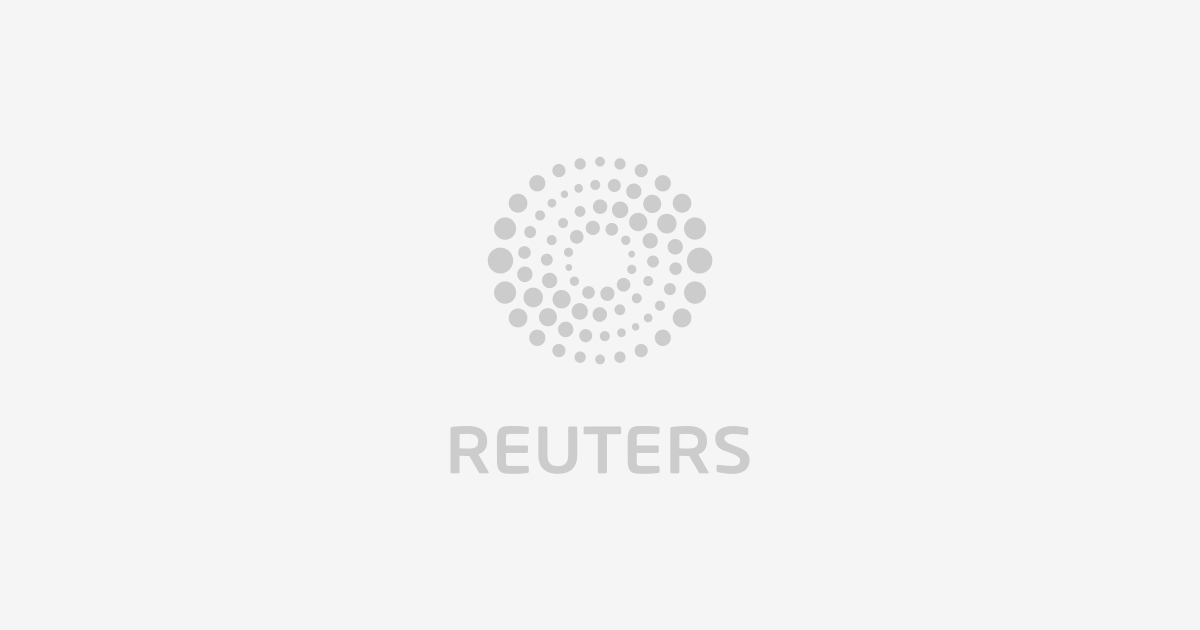Salahuddin Provincial Council Votes to Deport Families to Southern Iraq
Tuesday, 28 May, 2019
Baghdad- Fadhel al-Nashmi
Salahuddin Provincial Council voted Monday on four decisions concerning buffalo breeders in four regions of the province.
“A unanimous vote was taken to deport livestock owners from Samarra, Tel Zahab, Sayyid Ghareeb, and Dujail and confiscate cattle roaming in cities or on their external roads,” read a statement by the Council.
The Council imposed a fine worth 25 million Iraqi dinars (about $20,000) against traffic drivers of livestock owners.
It requested “the leadership of operations in Samarra and all the security services to execute the decision as of the date of voting.”
The statement did not mention to which destination the breeders will be deported nor did it mention the provinces and areas where the breeders come from.
Many say they came from the southern governorates of Iraq and are protected by some factions of the Popular Mobilization Forces (PMF).
Dr. Ibrahim Abdul Ghaffar, a resident of Samarra Hospital, died about 10 days ago when his car crashed a buffalo near the ruins of al-Maashouk Palace on the public road between Samarra and Tikrit.
Many residents in these areas complain of problems caused by the buffalo herds during their wandering, both on the level of accidents that cut off the external roads or damage caused to agricultural fields.
Although rumors say buffalo breeders arrived in Salahuddin after 2014, when ISIS took control over vast areas of the province and PMF’s influence was expanded after their victory over the terrorist organization, yet Chief of Samarra district Mahmoud Khalaf said that “the majority of buffalo breeders have been residing in Salahuddin for decades.”
Khalaf told Asharq Al-Awsat that most of them came from the southern provinces since decades.
He stressed that they were born there and held the identity of civil status issued by Samarra district, adding that only few of them came after 2014.
Tuesday, 28 May, 2019
Baghdad- Fadhel al-Nashmi
Salahuddin Provincial Council voted Monday on four decisions concerning buffalo breeders in four regions of the province.
“A unanimous vote was taken to deport livestock owners from Samarra, Tel Zahab, Sayyid Ghareeb, and Dujail and confiscate cattle roaming in cities or on their external roads,” read a statement by the Council.
The Council imposed a fine worth 25 million Iraqi dinars (about $20,000) against traffic drivers of livestock owners.
It requested “the leadership of operations in Samarra and all the security services to execute the decision as of the date of voting.”
The statement did not mention to which destination the breeders will be deported nor did it mention the provinces and areas where the breeders come from.
Many say they came from the southern governorates of Iraq and are protected by some factions of the Popular Mobilization Forces (PMF).
Dr. Ibrahim Abdul Ghaffar, a resident of Samarra Hospital, died about 10 days ago when his car crashed a buffalo near the ruins of al-Maashouk Palace on the public road between Samarra and Tikrit.
Many residents in these areas complain of problems caused by the buffalo herds during their wandering, both on the level of accidents that cut off the external roads or damage caused to agricultural fields.
Although rumors say buffalo breeders arrived in Salahuddin after 2014, when ISIS took control over vast areas of the province and PMF’s influence was expanded after their victory over the terrorist organization, yet Chief of Samarra district Mahmoud Khalaf said that “the majority of buffalo breeders have been residing in Salahuddin for decades.”
Khalaf told Asharq Al-Awsat that most of them came from the southern provinces since decades.
He stressed that they were born there and held the identity of civil status issued by Samarra district, adding that only few of them came after 2014.
Asharq Al-Awsat | Explore World News Today
Stay up to date with world news through Asharq Al-Awsat. We provide you with the latest breaking world news to keep you informed on the global situation.
aawsat.com


